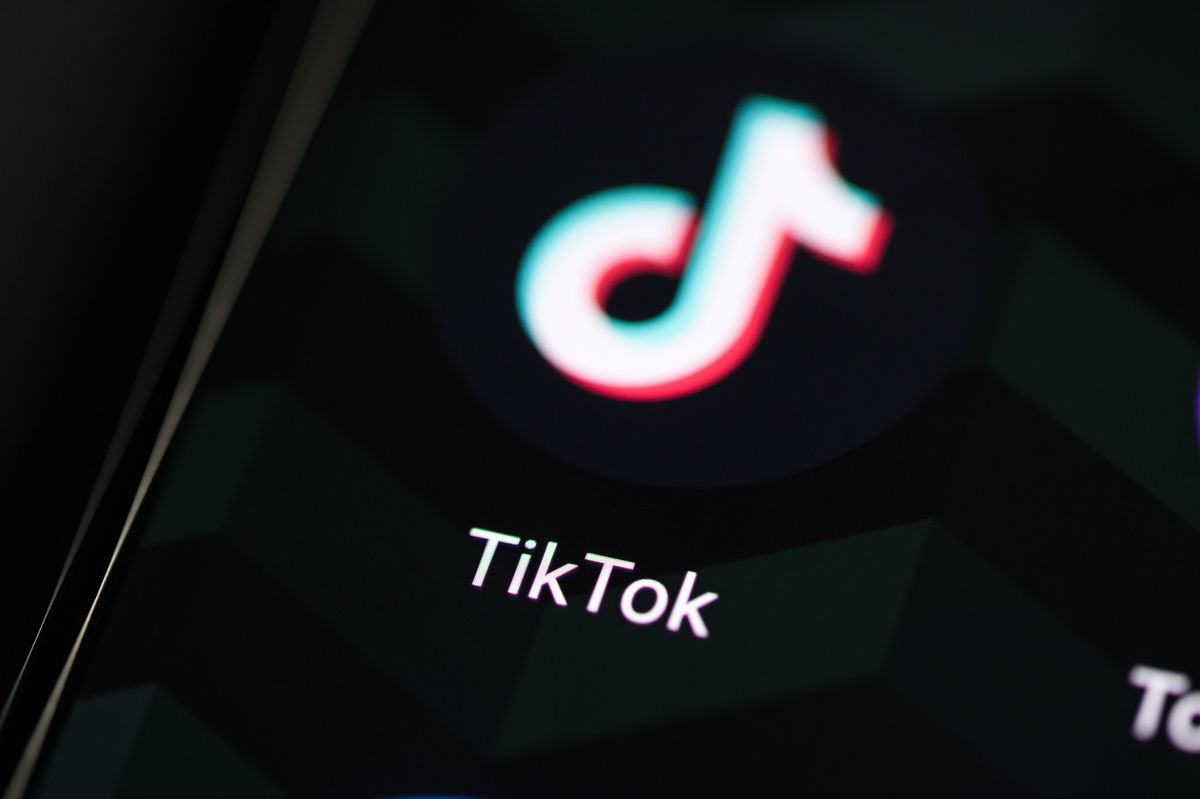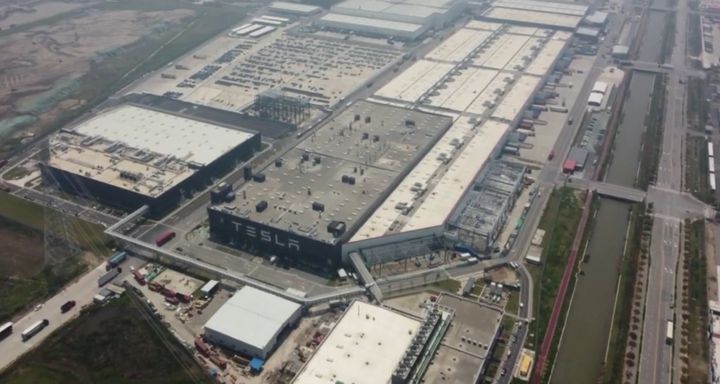TikTok Hearing: How Much Control Does CCP Really Have Over Chinese Companies?

The Lede: The U.S. House Energy and Commerce Committee held a five-hour hearing on TikTok, hoping to fuel an effort to ban the app. Members grilled TikTok CEO Shou Chew on – among other things – the degree to which he and his company answered to the Chinese Communist Party (CCP). Just how much is that control? Republican Representative Dan Crenshaw focused on this topic during his line of questioning arguing that senior officials at ByteDance are "card-carrying members of the Communist Party" and, ultimately, ByteDance would have to comply if CCP ordered the company to provide TikTok data to Beijing.
Here's...
What We Know:
- There are countless independent private companies in China. Most small businesses – restaurants, local services, hotels, some factories, etc. – are private and are not under regular CCP control other than common regulatory frameworks. Major companies dealing in essential commodities linked to China's economic wellbeing, such as oil, are usually state-owned.
- Other large national companies – such as tech enterprises Huawei, Alibaba, and ByteDance – are ostensibly private companies but have close ties to the CCP, typically with a "Party Secretary" ensconced in the corporate leadership structure. In ByteDance's case, that's Zhang Fuping who, reports indicate, serves in the CCP internal committee.
- Article 7 of China's 2017 National Intelligence Law, which Rep. Crenshaw referred to at the hearing, requires that "all organizations and citizens shall support, assist, and cooperate with national intelligence efforts in accordance with law" and that "national intelligence work institutions are to use the necessary means, tactics, and channels to carry out intelligence efforts, domestically and abroad."
- A 2014 Counter-Espionage Law says “relevant organizations may not refuse" to collect evidence for an investigation.
- Reviews of academic literature and other in-depth analysis – such as that by Colin Hawes, an expert in Chinese law – suggest that Beijing's control over companies like ByteDance might be overstated and that the CCP may be far more interested in their promotion and profit than exercising authority but recent moves by the CCP suggest a change in that approach.
The Background:
ByteDance is based in Beijing’s Haidian district alongside universities and a hub for tech startups. TikTok has dual headquarters in Singapore and Los Angeles. Fearing the CCP's ability to use the app to spy on Americans, lawmakers on the Hill have filed bipartisan legislation to ban TikTok in the U.S. and the Biden administration has ordered ByteDance to sell TikTok to an American company to continue operating in the U.S., but the Chinese government is now pushing back, citing export control laws. TikTok is also partnering with Austin-based Oracle to house data derived from the use of the app in the U.S. for their "Texas Project," ostensibly building a firewall between Beijing and the U.S. data.
Likely Outcomes:
- Although the CCP may have been less authoritative regarding private corporations in the past, President Xi Jinping is viewed as more aligned with party orthodoxy and party control and, under his leadership, the CCP has already started to assume more control over the private sector. In addition to the 2017 and 2014 laws, the party announced a "united front should help strengthen the bonds between the CPC and non-Party intellectuals, people engaged in the nonpublic economy – which includes the private and individual businesses and foreign companies." Having recently broken party orthodoxy by extending his rule past the traditional 10 years, it's likely Xi will exercise more control going forward if it's beneficial to the CCP's global power.
- Since ByteDance, which owns TikTok, is a Chinese company, it would likely abide by these rules if Chinese authorities asked it to turn over data. Additionally, there are practically no legal limits on the powers exercised by the CCP as authorities are able to threaten to cancel licenses, conduct regulatory or tax investigations, and use various penalties to force Chinese and foreign companies operating in China to comply.
- The implementation of the Project Texas firewall may dampen the efforts of American lawmakers to outright ban Tiktok in the short run, but with the increased distrust between the two countries, a long-term goal of banning Tiktok and other Chinese-owned products may remain on the agenda of U.S. policymakers.
- Should the U.S. deem the security risks of TikTok too severe to continue allowing its use in the country, it would set a precedent for the U.S. government to target and prohibit apps from being used by Americans in the future.
Quotables:
“TikTok surveils us all and the Chinese Community Party is able to use this as a tool to manipulate America as a whole. Your platform should be banned. I expect today, you will say anything to avoid this outcome.” – Cathy McMorris Rodgers, Chair of the House Energy and Commerce Committee.
“I have seen no evidence that the Chinese government has access to that data. They have never asked us, we have not provided it.” – TikTok CEO Shou Chew.
"Most Party branches within private enterprises just do what the business owners want, never what the owners don’t want." – Hong Kong academics Xiaojun Yan and Jie Huang.
"I want to say this to all the teenagers who think we're just old and out of touch. You may not care that your data is being accessed now, but it will be one day when you do care about it. And here's the real problem - with data comes power. They can choose what you see and how you see it. They can make you believe things that are not true. They can encourage you to engage in behavior that will destroy your life. Even if it is not happening yet, it could in the future.” – Republican Representative Dan Crenshaw of Texas
Good Reads:
TikTok Ban Momentum Growing After CEO’s Congressional Testimony (Deadline)
China’s Private Companies are Unjustly Labeled as Communist Party Plants (The Conversation)
In Xi’s China, the Business of Business Is State-Controlled (The New York Times)
How the State Runs Business in China (The Guardian)
Navigating Unknown Waters: The Chinese Communist Party's New Presence in the Private Sector (The China Review)
Is the Private Sector Retreating in China? Not Among its Largest Companies (PIIE)
Congress grills TikTok's CEO about security of user data (NPR)
Why does US see Chinese-owned TikTok as a security threat? (ABC News)



